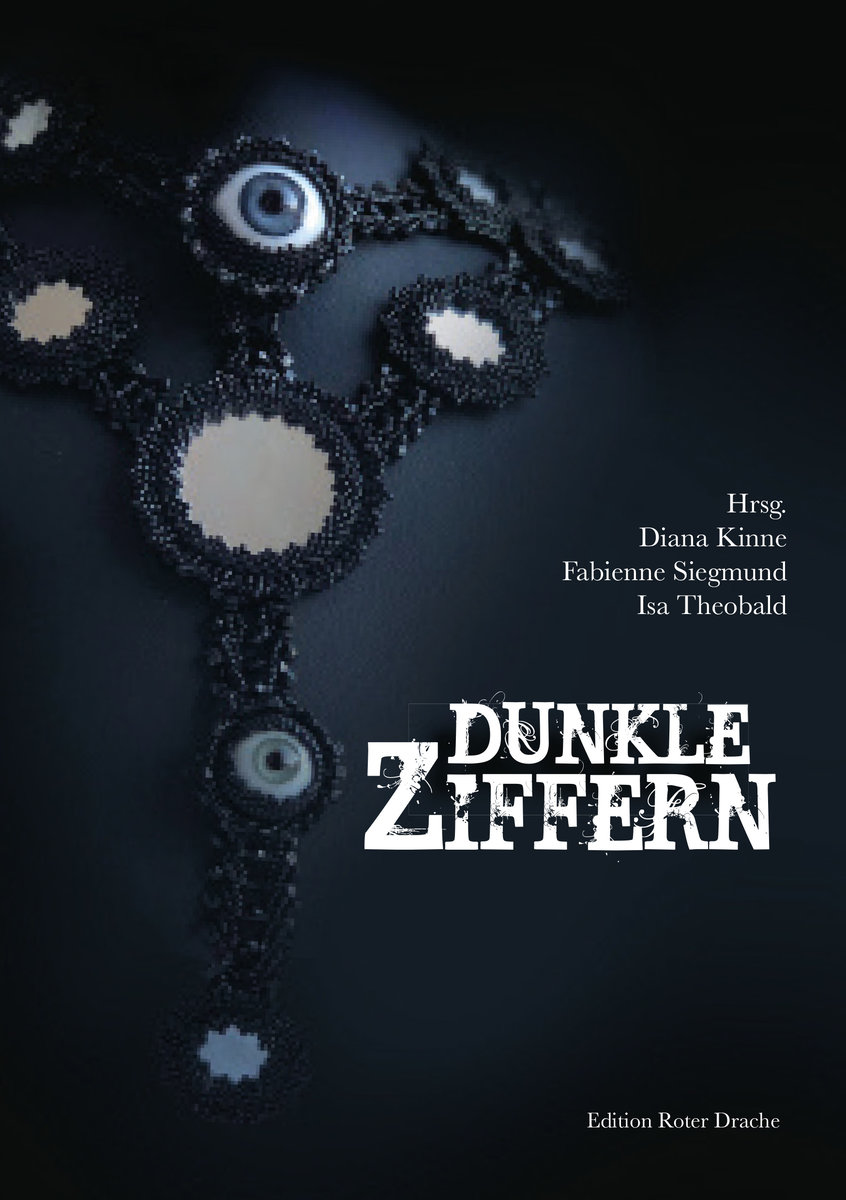Manchmal geschehen schlimme Dinge. Die gierige Welt verschlingt Menschen. Fügt ihnen ein Leid zu. Gleich ob durch Gewalt, Missbrauch oder schwere Krankheiten. Und nur allzu oft steht man wie ohnmächtig daneben und kann nichts tun. Man wünscht sich, dass es eine Art Gerechtigkeit gibt und die Täter - oder was immer das Leid zufügt - ihre Strafe bekommen. Dass das Böse nicht gewinnt. Und vor allem: dass die Opfer eine Stimme bekommen. Spüren, dass sie nicht alleine sind.Diese Autoren geben den Opfern eine Stimme:Nina George, Bernhard Hennen, Luci van Org, David Gray, Christian von Aster, Sonja Rüther, Stefanie Altmeyer, Anja Bagus, Isa Theobald, Lena Falkenhagen, Fräulein Spiegel, Michelle Gyo, Theresa Hannig, Hanka Leo, Ann-Kathrin Karschnick, Diana Kinne, Germaine Paulus, Heike Schrapper, Fabienne Siegmund, Tom Daut und weitere.Der Erlös dieser Anthologie wird an dem Verein Dunkelziffer e.V. gespendet!


